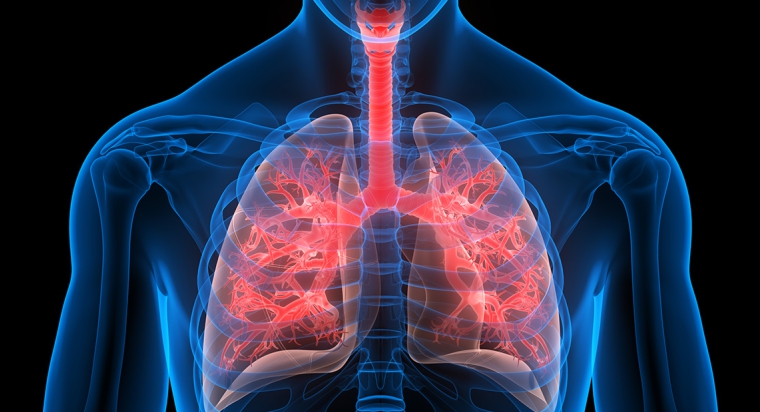According to WHO, lung cancer is the leading cancer killer in both men and women in the world. It is a type of cancer that begins in the lungs, and it is common with people who smoke excessively.
The American Cancer Society says about 80% of cancer deaths result from smoking. Hence, if you are a heavy smoker, you may want to take steps to curb the habit.
If you have been diagnosed with lung cancer or know someone who has, you most likely have many questions about it. We have put together a list of 8 things you may or may not know about lung cancer.
1. Lung cancer is not a death sentence: Getting diagnosed with lung cancer doesn’t mean you’d spend the rest of your days wheezing, bedridden, and relying on oxygen masks to breathe. It also doesn’t mean that you have a 100% chance of dying, or 0% chance of living a relatively normal life. Keep those scary thoughts out of your mind.
2. Smoking is not the only cause of lung cancer: Aside from smoking directly, many other things can cause lung cancer. For instance: inhaling secondhand smoke, exposure to radon gas, exposure to asbestos or other carcinogens, and previous radiation therapy. Family history is another risk factor. If any member of your family has had a history of lung cancer, you should find a lung doctor for a proper check-up as soon as possible.
3. There are about two main types of lung cancer: There are two main types of lung cancer: Small Cell Lung Cancer (SCLC) and Non-small Cell Lung Cancer (NSCLC). The major difference between them is that SCLC appears smaller and rounder under a microscope than NSCLC. However, treatment differs for both types.
4. Non Small Cell Lung Cancer is the most common type of cancer: It accounts for about 80% of all cancer cases. Unlike SCLC, it spreads to other parts of the body. Hence, it could take several years to process into the advanced stage. Because it takes a lot of time to develop into advanced stages, lung cancer usually comes with little or no early-stage symptoms. This is one of the major reasons why it is the leading cancer killer. By the time its symptoms begin to appear, it has most likely progressed to the advanced stage. This is why it is advisable to go for a regular check-up because early detection of the tumor could increase a person’s chances of survival.
5. Apart from the two main types of cancer, there is a less common type that most people don’t know about. They are called carcinoids. They are made up of special cells called neuroendocrine cells.
6. Only a qualified medical practitioner can diagnose lung cancer: It takes a long period for lung cancer symptoms to rear their ugly heads, so you might be wondering, “how do doctors diagnose lung cancer?” Well, doctors use either an X-ray scan or a CT scan to check if there is an abnormal growth in the lungs. If there is, then they will do a biopsy to check if the abnormal mass is cancerous. This would enable them to determine which type of lung cancer it is and the treatment plan to adopt.
7. You can’t lower your chance risk of lung cancer once you are/have been a smoker: This is a common myth that doesn’t help anyone and is based on ignorance. In truth, you can lower your risk of getting the disease if you quit smoking. It doesn’t matter if you’ve been smoking for a long time.
8. Lung cancer only happens to old people: This is another myth you should discard. While it is much more common with people over 60, that doesn’t mean that people under that age can not get the disease.
Conclusion
Currently, there are many methods for treating lung cancer. Some of these include chemotherapy, radiation therapy, targeted drug treatments, and radiosurgery. It could also be cured with surgery, where the tumor and a small area of the tissue around it are cut off.
In case you have noticed any of the symptoms associated with lung cancer and you don’t want to take any chances with your health, contact us today to get you started on a diagnosis.



 Translate
Translate

